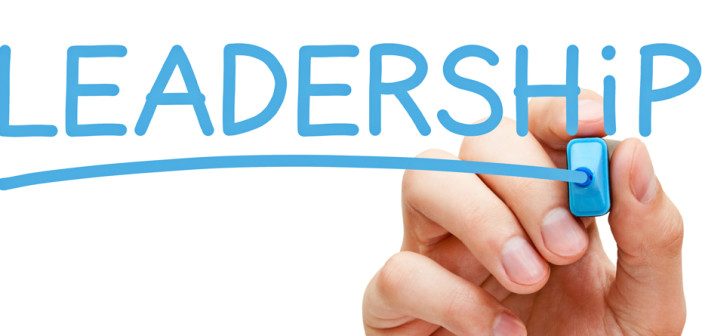 Are you a leader? Are you someone people look to for advice or to make decisions in a time of crisis? Leaders come in all shapes and sizes. Some are natural leaders, they just know what to do. Others become leaders by observing and learning leadership skills through their mentors or family members. At work, are you someone who leads the way? Do you take a stand when you see something is wrong? We can’t all be leaders, but are there times you just naturally step up to the challenge?
Are you a leader? Are you someone people look to for advice or to make decisions in a time of crisis? Leaders come in all shapes and sizes. Some are natural leaders, they just know what to do. Others become leaders by observing and learning leadership skills through their mentors or family members. At work, are you someone who leads the way? Do you take a stand when you see something is wrong? We can’t all be leaders, but are there times you just naturally step up to the challenge?
Every profession has members who rise into leadership, and effective leaders can make all the difference. This cannot be more true of healthcare and nursing, arenas that necessitate highly collaborative teams.
Leadership can be taught, but it’s also intuitive, and some nurses have this gift. What makes a particular nurse embody the characteristics of true leadership, even when he or she has no official title?
Tuning in
A nurse who cultivates deep awareness of both self and others demonstrates a powerful form of leadership. This type of nurse is tuned in, alert for others in distress, and leads to collaborate in ways that decrease such distress.
This nurse tunes into both individuals and the collective, leading by example while leaning into situations to positively impact the whole. The shadow for this type of consciousness is hypervigilance and controlling behavior, which a highly developed self-awareness can preclude.
Leadership in action
Some nurses are skilled at taking the reins, even when not in official positions of leadership. These nurses see problems, bring them to the team’s attention and proactively seek ways to alleviate the problem.
We’ve likely all known nurses who respond to problems with a statement like, “It’s been that way a while; it’s not my responsibility to fix.” This common attitude can breed a culture of intellectual laziness and disregard for the bigger picture.
Proactive, thoughtful nurses see problems and involve others in manifesting solutions that truly benefit everyone. This is leadership in action.
Speaking up
Some nurses demonstrate leadership by using their voices. This may involve naming a problem, such as noticing a bully on the unit, or otherwise identifying something that’s amiss.
Our silence can serve as complicity, such as not speaking up or taking action in response to a bully. The empowered nurse who speaks the truth overcomes his or her fear by taking a calculated risk and naming what needs to be named.
Speaking up gives voice to those who are too frightened to speak for themselves. This type of nurse leadership can empower others to also speak out, and can be a powerful way to lead by example.
Conscientious collectivism
Natural nurse leaders intuitively lead the way, sometimes dragging their official leaders with them. We all contain the seeds of leadership, but some more readily demonstrate those characteristics.
Those nurses who skillfully and naturally lead do so from an ability to see beyond themselves. These nurses consider the good of the whole, align their own actions with that ideal and proactively seek change.
Nurses can lead the way in any workplace situation. Tune in, see the 10,000-foot view, consider the good of the whole, use your voice and lead from a balance of intuition, savvy critical thinking and conscientious collectivism.
Your turn
How do you lead in your daily work? Share your experiences with us.






